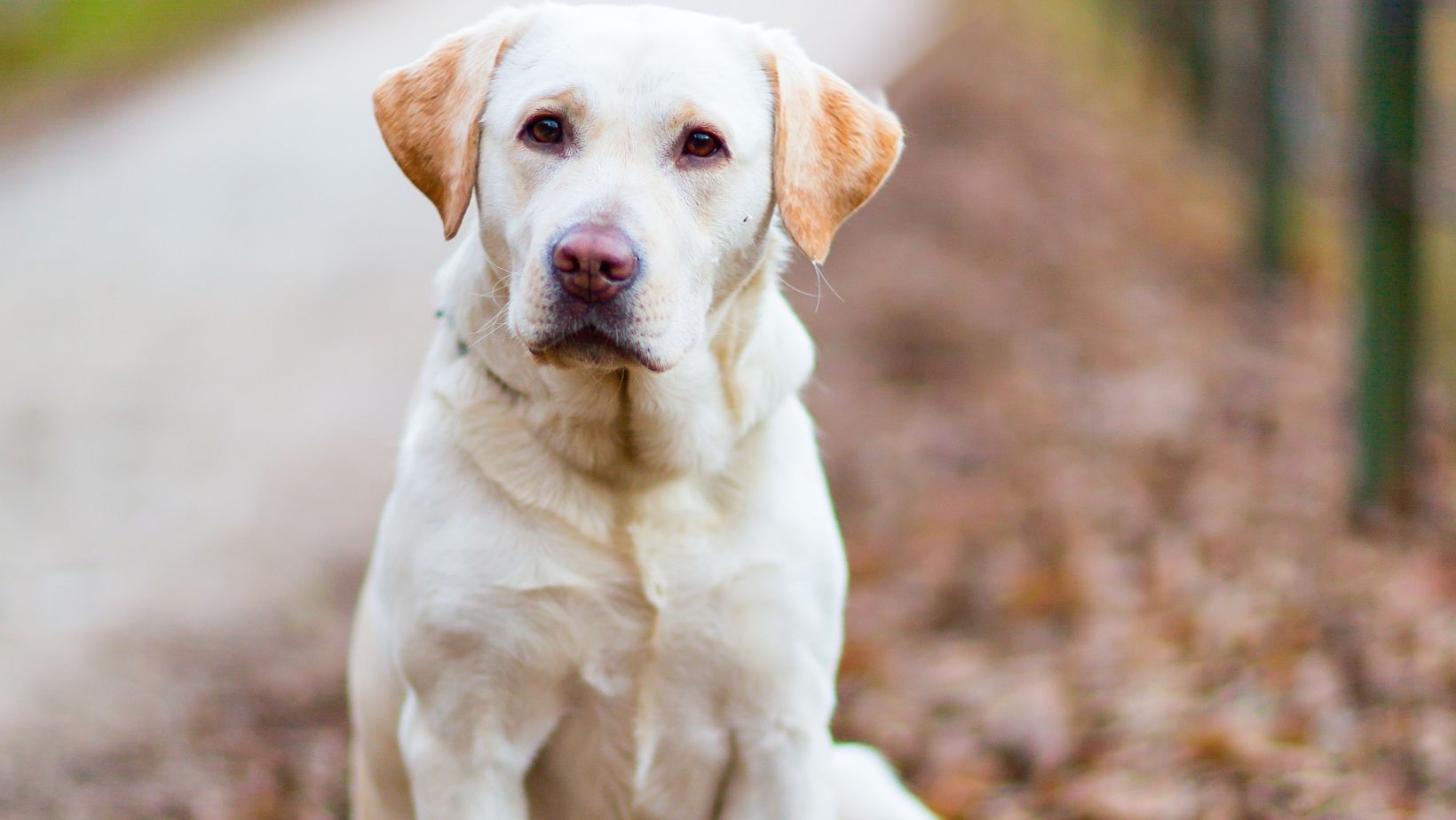Why Is My Dog Eating Their Poop
Curious as to why your Labrador is eating their poop? It’s a perplexing behavior that many dog owners find themselves dealing with. In this article, I’ll delve into the reasons behind this unusual habit and provide some insights on how to address it.
Firstly, it’s important to understand that coprophagia, the scientific term for poop-eating, is not uncommon among dogs, including Labradors. While it may seem gross to us humans, there can be various reasons why dogs engage in this behavior.
One possible explanation is that dogs eat their own feces due to nutritional deficiencies. They might be lacking certain vitamins or minerals in their diet, leading them to search for these nutrients in their waste. Another reason could be related to digestion issues or malabsorption problems that cause undigested food particles to remain in the stool, making it tempting for the dog to consume.
In conclusion, if you’re wondering “why is my dog eating their poop Labrador?” there are several potential factors at play. From nutritional needs and digestive issues to behavioral motivations like stress or boredom, understanding the underlying cause can help you address and manage this behavior effectively.
Health Issues That May Cause Coprophagia in Labradors
As a dog owner, it can be quite perplexing to witness your beloved Labrador engaging in the behavior of eating their own poop. This act, known as coprophagia, can be both confusing and concerning. While there are several reasons why dogs may exhibit this behavior, one aspect to consider is the potential underlying health issues that could contribute to coprophagia in Labradors.
Health Conditions That May Lead to Coprophagia
In some cases, certain health conditions or medical factors might trigger coprophagia in Labradors. Here are a few examples:
Dental Problems:
Labradors suffering from dental issues like gum disease or tooth decay may experience discomfort while eating regular food. As a result, they might turn to their own feces out of desperation for something softer and easier to consume.
Parasitic Infections:
Intestinal parasites such as worms can disrupt a Labrador’s digestive system and lead to nutritional deficiencies. This can prompt them to eat their feces in an attempt to regain lost nutrients.
Diabetes:
Dogs with diabetes often have increased appetites due to difficulty regulating blood sugar levels. This excessive hunger can drive them towards consuming their own waste as an alternative food source.
Digestive Disorders and Coprophagia in Labradors
Digestive disorders can also play a role in causing coprophagia among Labradors. Here’s how:
Malabsorption Issues:
Labradors with malabsorption problems struggle with properly absorbing essential nutrients from their diet. Consequently, they may resort to eating feces in order to re-ingest undigested nutrients.
Pancreatic Insufficiency:
Pancreatic insufficiency occurs when the pancreas fails to produce enough digestive enzymes necessary for breaking down food appropriately. When this happens, labradors may attempt to compensate by consuming their own stool.

Nutritional Deficiencies and Coprophagia
Nutritional deficiencies can contribute to coprophagia in Labradors as well. Here’s what you need to know:
Imbalanced Diet:
A diet lacking in essential nutrients or imbalanced in certain vitamins and minerals can leave Labradors craving for the nutrients they are missing. This can lead them to consume their feces as a means of obtaining those missing elements.
Inadequate Food Quality:
Low-quality dog food that is poorly digestible or lacks proper nutritional value may not satisfy a Labrador’s dietary needs. Consequently, they may seek out alternative sources of nutrition, including their own waste.
Understanding the potential health issues associated with coprophagia in Labradors is crucial for addressing and managing this behavior effectively. If you suspect any underlying health conditions contributing to your Labrador’s coprophagia, it’s always best to consult with your veterinarian for proper diagnosis and guidance on how to address the issue appropriately.
Remember, each dog is unique, and while these health issues may be potential factors leading to coprophagia, it’s important to work closely with your vet to determine the specific cause for your Labrador’s behavior.